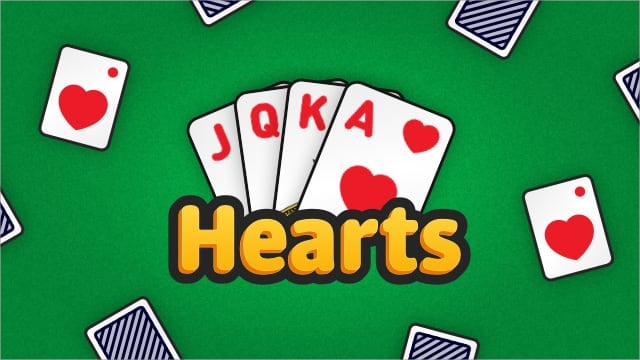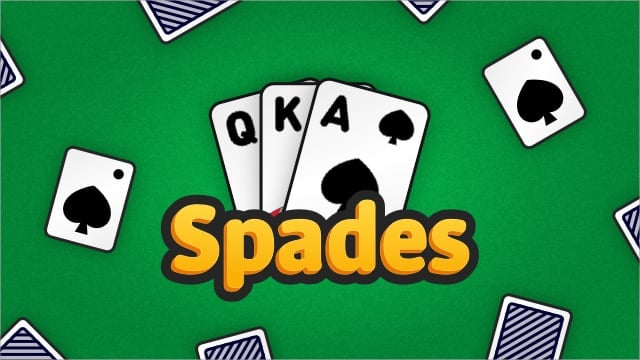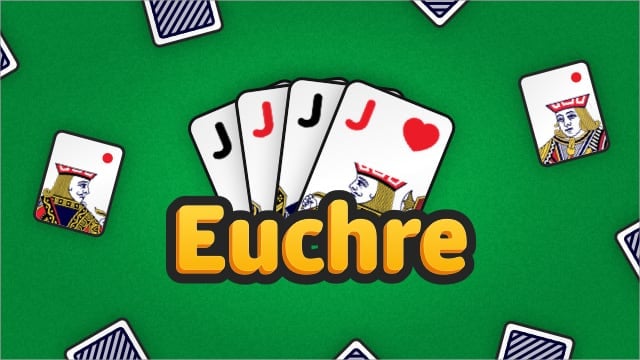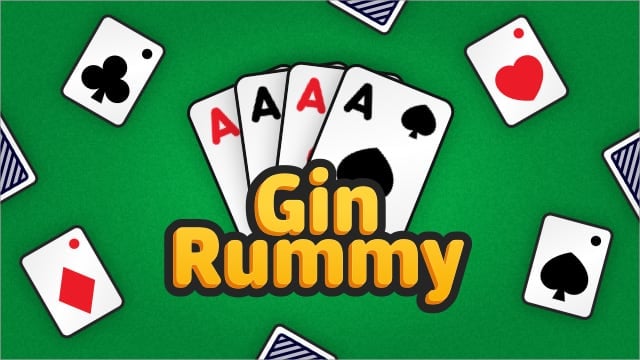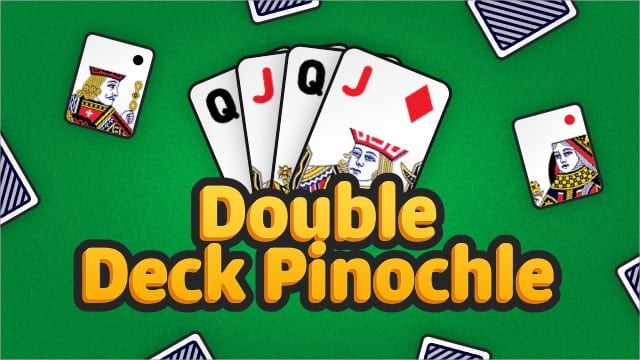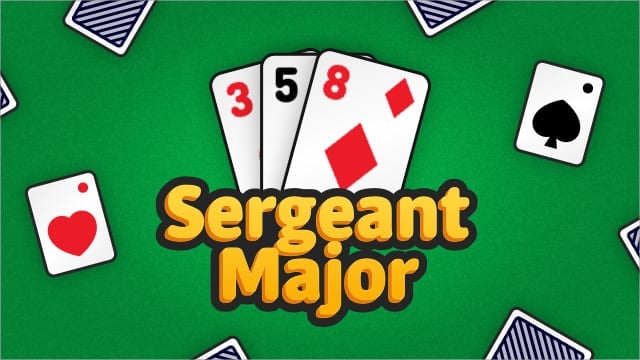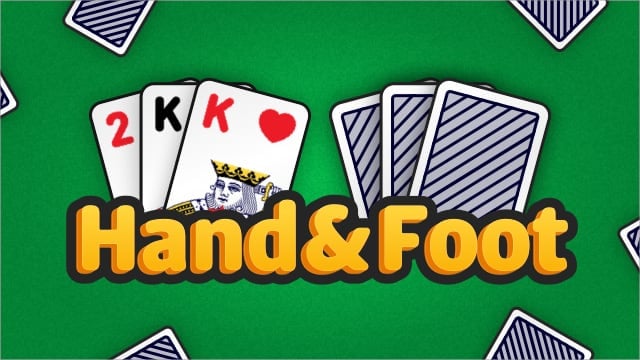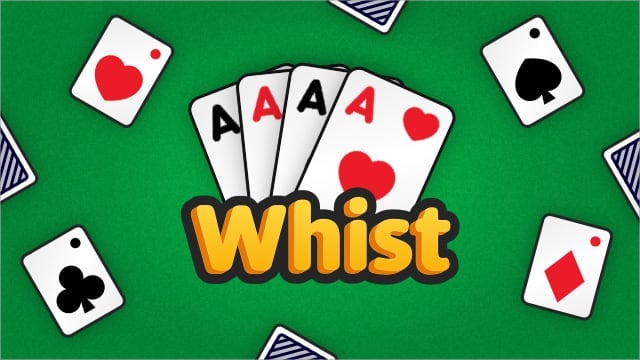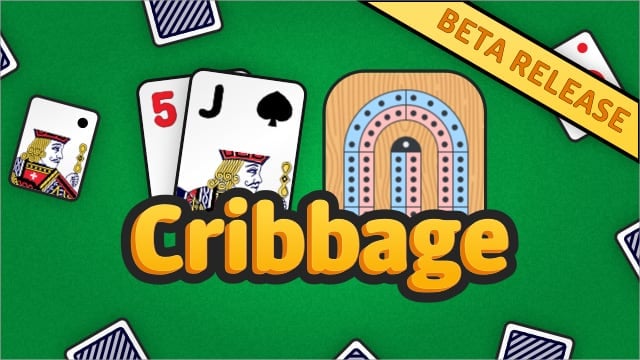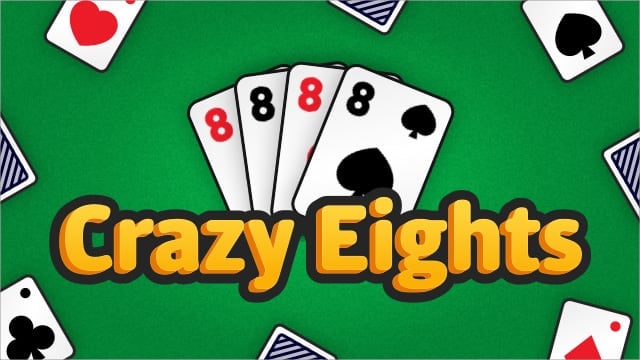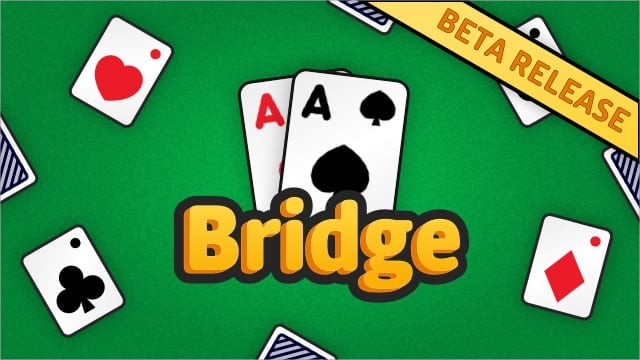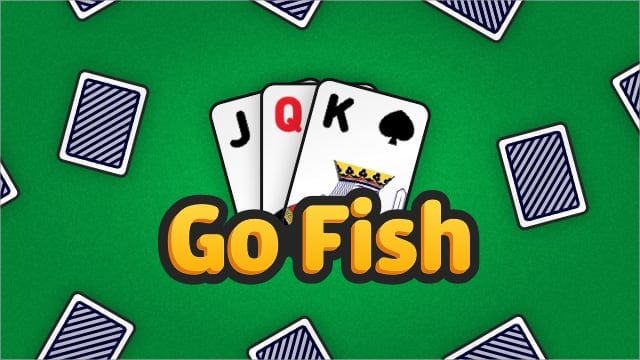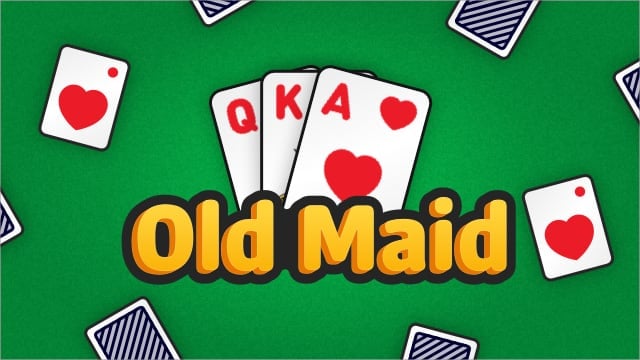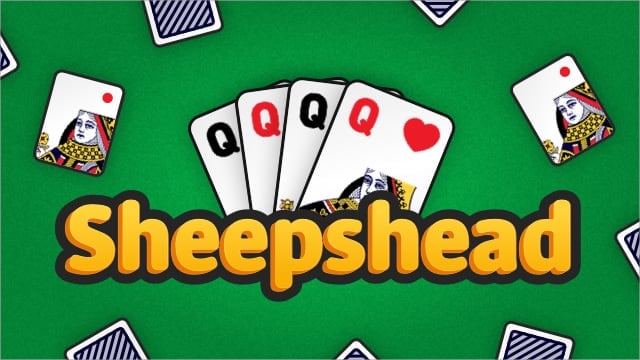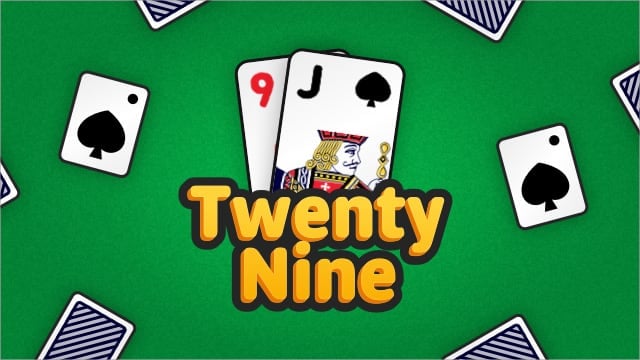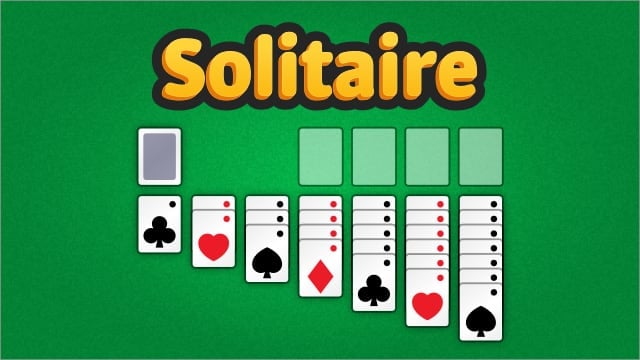How to Play Gin Rummy: Card Game Rules & Interactive Tutorial
Gin Rummy is a two-player "draw and discard" card game. The players make choices with the goal of accumulating their cards into "melds." For a 4-player version, try Rummy. For another great two-player game, check out Cribbage.
A meld is a group of 3 or more cards that belong together. There are two types of melds, "sets" and "runs." Cards in sets have the same rank. Cards in runs have the same suit, with cards ranked in consecutive order.
For example, a "run" of the Ace of Hearts, 2 of Hearts, and 3 of Hearts is a valid meld (3 cards of the same suit in consecutive order). A "set" of the Queen of Clubs, Queen of Diamonds, and Queen of Spades is another possible meld. Note that the Ace is always a low card so that it cannot be placed next to the King to form a meld.
Cards in your hand that do not belong to any melds are called "deadwood" cards. By forming melds, players minimize the number of points that they have due to deadwood cards.
Below you'll find a thorough explanation of the rules, and above, you'll find an interactive tutorial to help you learn how to play Gin Rummy. Whichever way you choose, you should be well-acquainted with the rules in no time.
Once you're familiar with the rules, you can play Gin Rummy Online for free at World of Card Games. You have the option to play against other people online or with friends. We recommend playing a couple of games against our bots before playing against other people, but that's up to you.
Let the Gin Rummy extravaganza begin!
Rank of cards
Cards are ranked from Ace (1 point) to Ten (10 points), with face cards (Jack, King, Queen) also counting as 10 points. Once a player has 10 deadwood points or less, they may "knock," which ends the hand.
Objective
The objective is to be the first player to reach 100 points and win with a high score.
Deal
For the initial hand, a random player is chosen to be the dealer. After the first hand, the dealer is always the "loser" of the previous hand (the player who was not awarded points).
Each player is dealt a hand of 10 cards from a standard deck of 52 cards. The deck is then placed face down on the table. The player opposite the dealer goes first.
Consider Up Card
One card is dealt from the deck face up for all to see.
The dealer's opponent may "Accept" the up card, and take it into their hand or "Pass." When picking the up card, you must finish your turn by discarding some other card, not the up card which you just picked. After discarding, the other player's turn begins.
If the non-dealer passed, the dealer now considers the up card, either choosing to "Accept" it or "Pass." If accepting, they must discard another card. Then it is their opponent's turn.
If both players pass, then the non-dealer must draw an unknown card from the deck. Then, they must follow by discarding any card from their hand. It is permitted to discard the card that they just picked because it was not the face-up card.
Play
After the initial phase, play continues with each player choosing to pick either the up card or an unknown card from the deck. Notice that there is a slight difference from the initial phase, where the up card is considered by both players before it is allowed to take a card from the deck.
Players must always discard a card after picking. After the discard, it is their opponent's turn to play.
Knocking
If a player has 10 deadwood cards or less upon discarding, they are given the opportunity to "Knock." The knocker displays their melds and their deadwood cards. Their opponent also displays any melds in their hands at that time. If they have any deadwood cards that can be added to the knocker's melds, they may do so, which can reduce their deadwood points. This process is called "laying off" the deadwood.
For example, if the knocker has a meld of three Tens, and their opponent has the remaining Ten, the opponent may "lay off" their Ten against the knocker's meld. This reduces the opponent's deadwood points by 10.
Scoring
At the end of the hand you'll count your Gin Rummy scoring. Deadwood card points are counted for the knocker and their opponent. If the knocker's points are lower, they are awarded the difference in points.
If the knocker has the same or higher deadwood points than their opponent, they have been "undercut." The difference in points is awarded to their opponent, as well as an additional 10-point bonus!
A knocker who has no deadwood is said to have "gone gin," which is especially fortunate. In this case, their opponent is not allowed to lay off deadwood against their melds. The knocker is awarded their opponent's deadwood points, and they also get a 20-point bonus!
Game End
When a player reaches 100 points, the game stops. The final score is computed by adding together the following points for each player:
- Points acquired during the game, +
- A "winner's bonus" of 100 points to the player who reached 100 points first. 200 points are awarded if their opponent does not win any hands at all, +
- A "line bonus" of 20 points per hand won is awarded to each player.
History
Gin Rummy was reportedly invented in 1909 by a Whist teacher named Elwood T. Baker, and his son, Charles Graham Baker.
